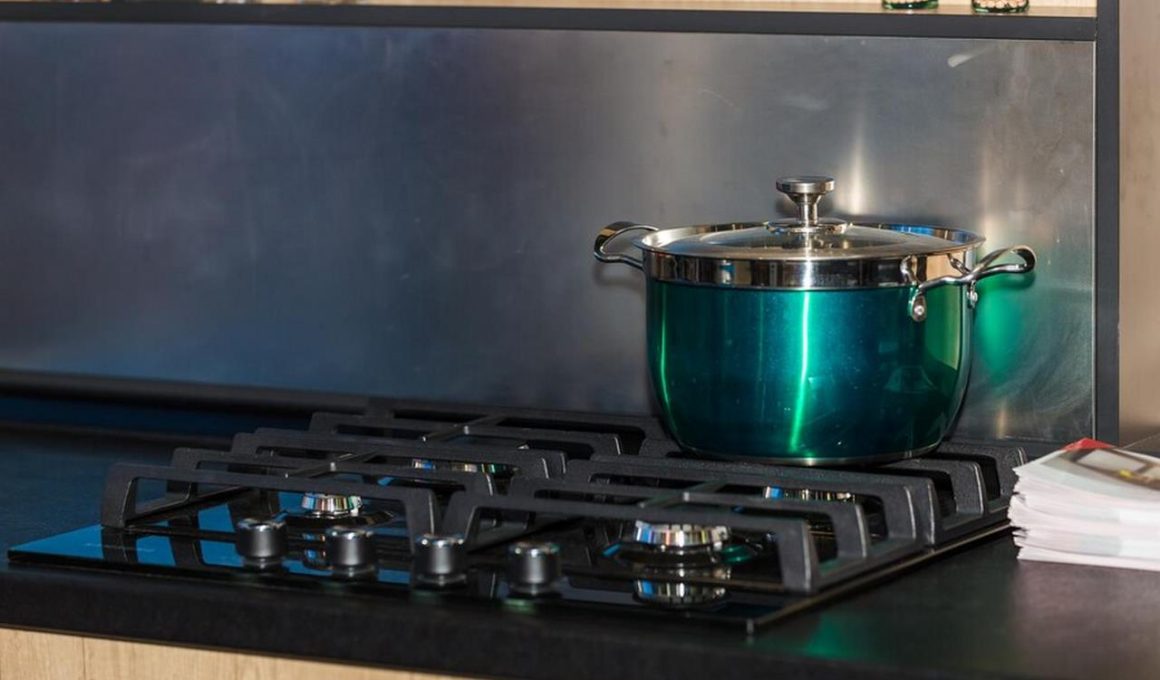If you have been diagnosed with COVID, you may wonder, “Can I cook if I have COVID?” You can, but you should talk with your doctor first. While your body’s immune system is a powerful weapon against the disease, it’s still important to get your doctor’s clearance before you begin cooking for others. CDC guidelines state that you should wait three days after you stop being isolated to cook for others.
CDC guidelines for cooking if you have COVID-19
If you have the COVID-19 virus, you should be careful when cooking and preparing food. You should also check with your physician to determine whether you can continue to share food with others. Although you may have developed immunity, you should wait for your doctor’s clearance before cooking. Follow the guidelines set forth by the CDC. If you are worried about the infection, you should avoid contact with infected people and avoid activities that require singing and close contact with those with COVID-19.
The primary method of transmission of COVID-19 is by droplets, which spread when you’re close to the infected person. To limit your risk of spreading the disease to others, you should stay at home or in a secluded place. If you must attend a public event, wear a face mask and avoid large groups. The CDC recommends keeping at least six feet between sick and healthy people. In case of contact with an infected person, you should wash your hands before touching your face. However, this can be difficult to do in places like pharmacies and grocery stores. Just follow the guidelines to minimize your risk of exposure to COVID-19 and to keep your family and friends safe.
The CDC recommends washing your hands frequently with soap and water, and using gloves whenever you handle raw meat or eat contaminated food. Although the virus can survive on a variety of surfaces, it cannot multiply on food. However, it can survive on some meats or refrigerated food for weeks. The CDC recommends cooking foods thoroughly to kill harmful germs. There are no known cures for COVID-19, but you can follow the CDC guidelines to avoid any further infection.
Handwashing is also important when you have the virus. Make sure to wash your hands with soap and water frequently, and do so for at least 20 seconds. It is also recommended that you wash your hands after using the bathroom and after touching your face. Using hand sanitizer containing at least 60% alcohol is another way to protect yourself from the virus. In addition to washing your hands, you should clean surfaces with hot soapy water and disinfect them frequently used.
You should also avoid sharing food with infected individuals. It is important to wash hands after handling perishables, as COVID-19 is an enveloped virus that is protected by an oily membrane. Soap and water will disrupt the membrane and prevent the virus from spreading to other people. If you can’t avoid eating in close proximity to other people, you should order takeout or delivery for a safer dining experience.
If you suspect you have COVID, it is recommended to isolate yourself and get tested. You can do this by taking a rapid antigen test or a PCR test. During the first week after infection, you should avoid high-risk groups and people. However, if you test negative again 48 hours later, you can remove the mask and return to the environment. You should inform any other people who may have been in contact with you if you are concerned about the infection.
Symptoms
The symptoms of COVID, which can be spread from one person to another, can make it difficult to prepare healthy meals. If you are suffering from this illness, it is best to avoid preparing food for other people and should consult a doctor for further information. If you are unable to stay in isolation, you should wait for a doctor’s clearance before continuing with cooking. However, you should still consider the safety of others.
The most common symptoms of COVID include a cough, chills, and fever. Some people may also experience muscle pain and fatigue. Some people may also have sore throats and headaches. Those who are infected should get medical attention as soon as possible. A few simple ways to prevent the spread of this infection include using a mask while cooking, consuming cold remedies, and following a good diet.
COVID-19 is easily spread by touching an object or surface that has been infected with the virus. Because COVID-19 is not highly infectious, there is a low risk of it spreading through food products or packaging. However, it is important to wash your hands thoroughly before and after handling raw meat or perishable foods. You should also cook meat thoroughly to kill harmful germs. This way, you can be sure that you are safe.
Transmission routes
A recent study conducted in China has examined the possible transmission routes for SARS-CoV-2 in food. SARS-CoV-2 is a coronavirus, which first appeared in Wuhan, China in 2019. It has since spread globally and caused the coronavirus pandemic of 2019-2020. While SARS-CoV-2 is transmitted through direct contact with infected people, the virus can also be found in certain food products. Therefore, understanding the risk of eating contaminated food is important when developing public health policies and controlling measures.
Podobne tematy




